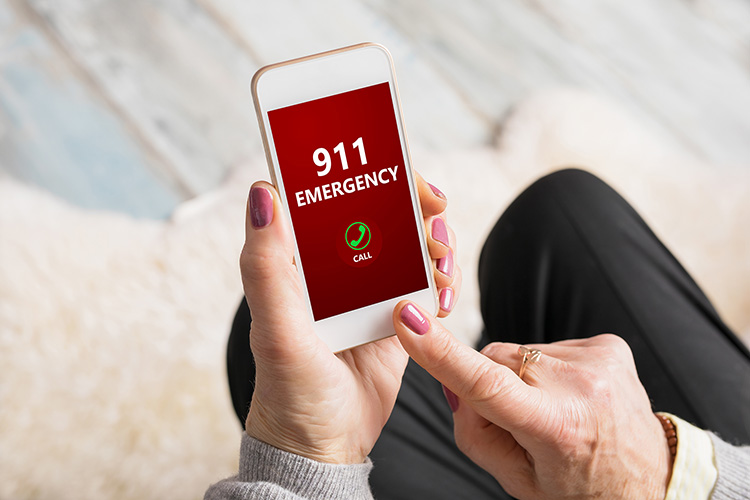
Strokes are serious medical emergencies that occur when blood flow to the brain is disrupted. They can cause long-term disability or even be fatal. Time is of the essence when it comes to stroke treatment. The sooner medical help is sought, the better the chances of minimizing damage and improving outcomes.
F.A.S.T. is an easy way to remember the signs of a stroke. When you see these signs, you will know that you need to call 911 fast. F.A.S.T. stands for:
- F is for face drooping – One side of the face is drooping or numb. When the person smiles, the smile is uneven.
- A is for arm weakness – One arm is weak or numb. When the person lifts both arms at the same time, one arm may drift downward.
- S is for speech difficulty – You may notice slurred speech or difficulty speaking. The person can’t repeat a simple sentence correctly when asked.
- T is for time to dial 911 – If someone shows any of these symptoms, even if they go away, call 911 immediately. Make note of the time the symptoms first appeared.
Other symptoms of stroke also may include severe headache, dizziness, loss of balance, loss of vision or double vision. If you experience any of these symptoms, even if they seem to get better, call 911 right away.
Many strokes could be prevented through healthy lifestyle changes and working with your health care team to control health conditions that raise your risk for stroke. You can reduce your risk of stroke by doing the following:
- Maintain a healthy lifestyle: Regular exercise, a balanced diet and avoiding smoking and excessive alcohol consumption can significantly reduce the risk of stroke.
- Manage your medical conditions: Conditions such as high blood pressure, diabetes and high cholesterol should be properly managed through medication, lifestyle changes and regular check-ups.
- Control your weight: Maintaining a healthy weight can lower the risk of stroke, as obesity is a contributing factor.
- Understand your family history: Knowing if there is a family history of stroke can help you take necessary precautions and seek appropriate medical advice.